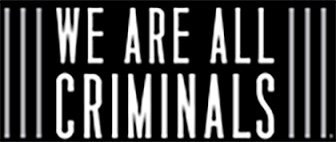SEEN is a prison portrait and poetry project. But more importantly, it’s a Minnesota portrait and poetry project. Through photography, video, and written word, we share the poignant brilliance of poets and prose writers in Minnesota state prisons, and work together to make the invisible visible, the unheard heard, and the unseen seen. Mass incarceration is dependent upon the ignoring and erasure of the human beings we cage. In collaboration with the Minnesota Prison Writing Workshop (MPWW) and the thoughtful, intelligent, humble, and deeply gifted writers on the inside, WAAC challenges and disrupts mass incarceration by clearing the pathways for people behind bars to have their voices heard, faces seen, and humanity recognized–and for people on the outside to reckon with the inhumanity of our country’s mass incarceration mass disaster.
This page is dedicated to the work of Kennedy. For more poets and essayists, check out the SEEN page.
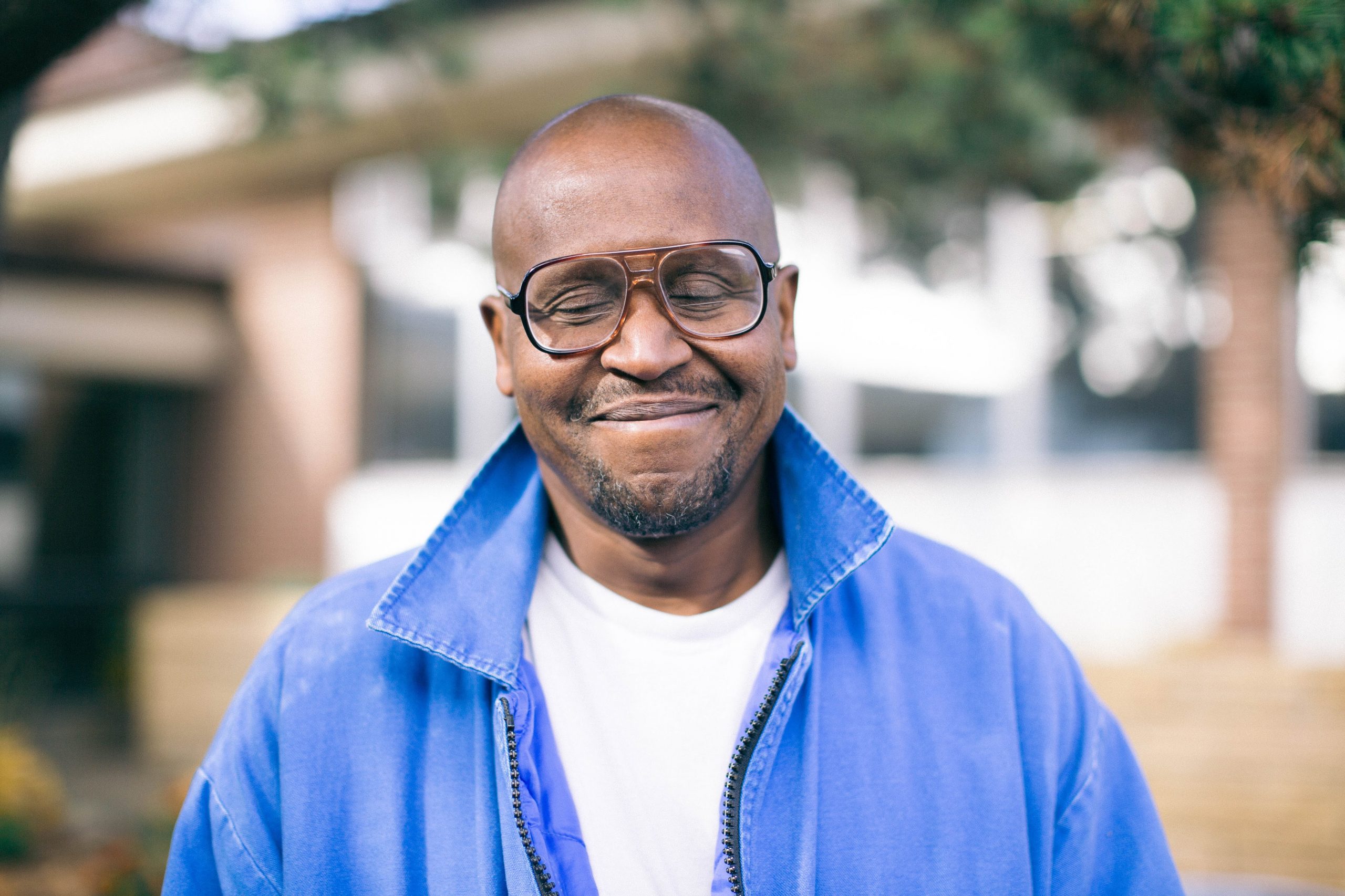
I Am Here
If you want to silence yourself
go to prison
where the smart burn out
like martyrs to attain perfection
under the authority and vigilance of the state
and the aggression of felons
that keeps your head down
with bursts of hairy noise
to make you ill at ease
and that’s not enough
there’s cheating
men turning into anonymous enemies
and the eerie feeling telling them
I am here! I am here! In prison!
From THE LITURGY OF SMELL, Red Bird Chapbooks, 2016
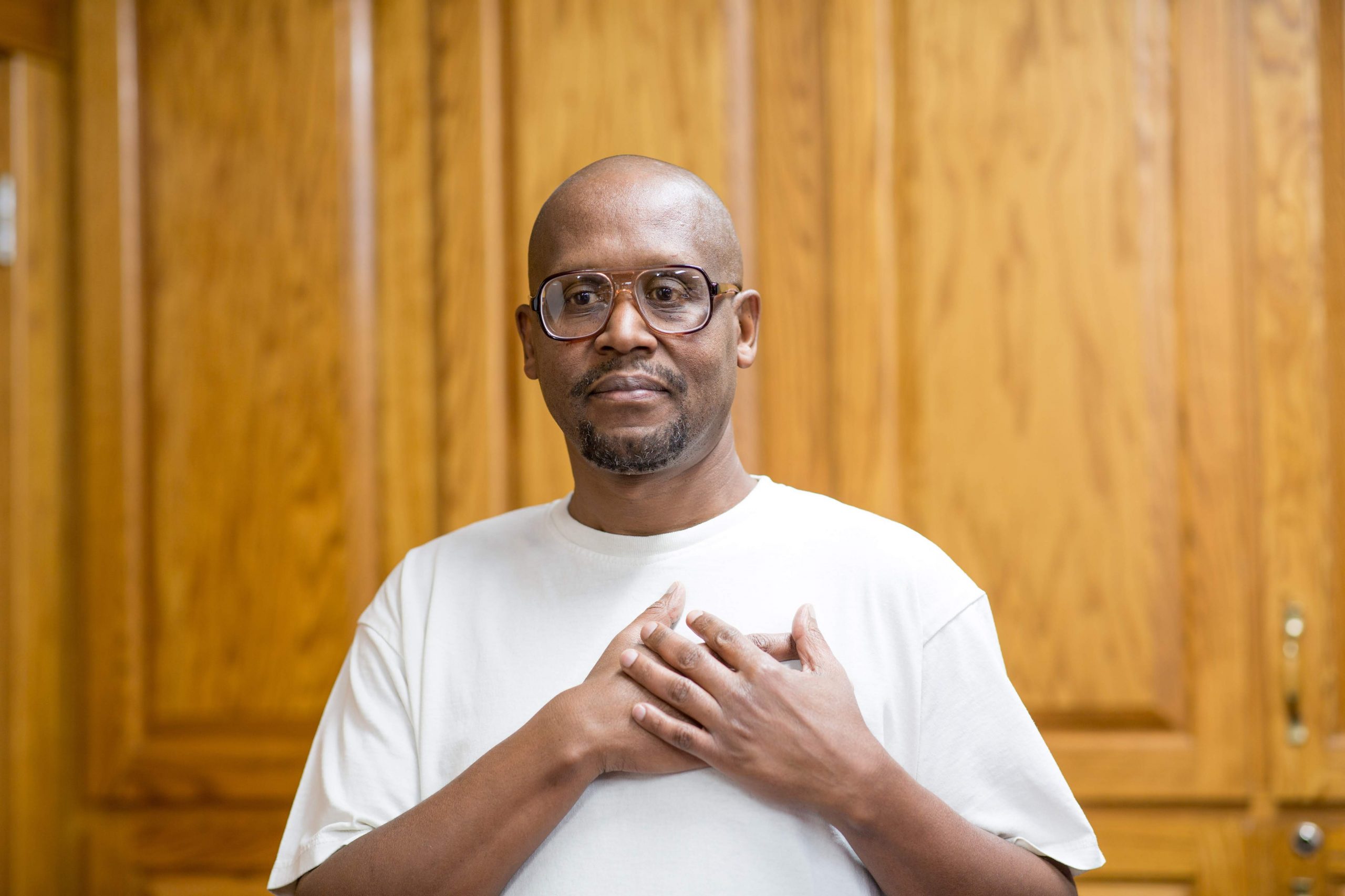
Wasifu Wa Marehemu: The Epitaph of Death
There will be no roar of drums summoning mourners to my funeral. The great horn of the rhino will not sing my name.
The women who loved me won’t be there to bathe me in milk, or plant the red flowers that will eat my blood.
The elders won’t plant the giant flame tree that will guard my spirit.
The sacred black bulls won’t stomp down my grave
like they did for my father, his father, and the fathers before him. The great python won’t sleep on my grave in homage.
My name will not be carved into a spear.
My heart will not lie in the belly of the warrior drum which rumbles on its own in war times.
If this is exile, I don’t know what to call home.
Originally published in AGNI, October 2020
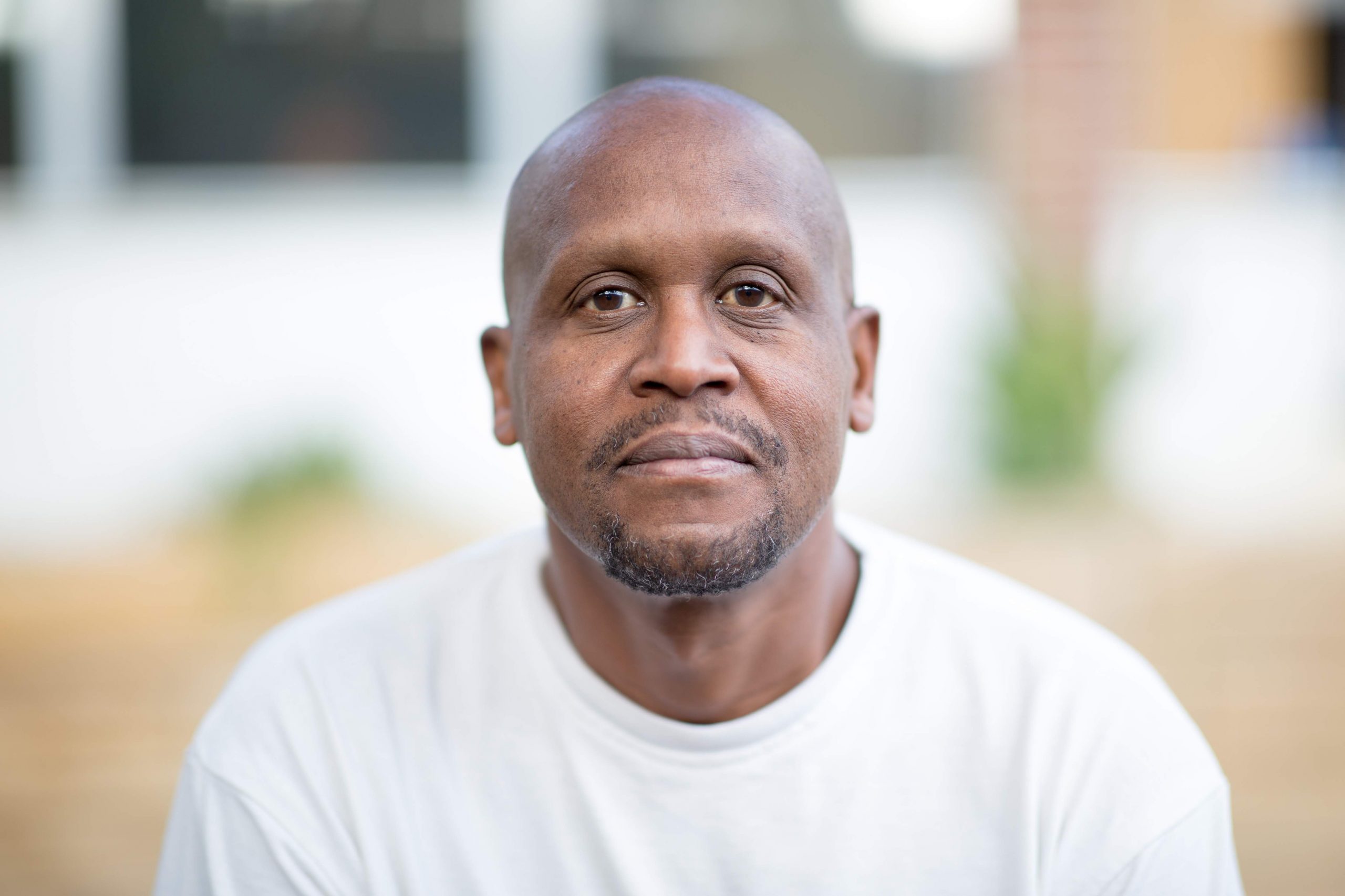
Excerpt from 21 Birthdays
I celebrated her first birthday with a cup of coffee. It was all I had in a cold jail cell. I imagined she was there in the room with me, laughing and smiling and reaching for all the gifts we’d bought her. I imagined her tiny fingers reaching up to touch my ears, and then tugging them. How when I said, ‘Happy first birthday, K,” her smile went from ear to ear, how her feet kicked with happiness. At dusk, the mousebird untucks its head from a wing and sings. The same song it always sings but with a slight variation in the melody, perhaps because it is her birthday. Then both her hands and feet rise simultaneously as if they’d been waiting for the song. I smile because not even God would have fathomed this much happiness in her. I imagine.
On her second birthday, I’m sitting on my bed. I am looking at an orange. I pick it up. My fingers turn and the orange turns. I see how small and fragile it is becoming without the skin. I remember how small and soft my daughter was when she was born on that cold November day. I put the orange peel down.
Then I break the orange into two equal halves and sing happy birthday. I eat the pieces. When they are gone, I sit bow-legged on the bed and bawl. Maybe that’s why I can’t see the stars tonight. Then I imagine those terrible twos. And wonder does she throw things. I remember her strong tiny hands gripping my finger. When she is unsmiling will her mother pick her up with both hands, put her on her knee and jig her into giggles?
I crack three eggs and unshell them while looking at her picture pasted on the wall. I see her name spelled under the photo, as if I’ll ever forget it. Holding an egg up, I tell the picture happy birthday. Then my fingers move forward and touch it. I pray that she’ll be safe as the rock beneath a mountain and as happy as a sunny day. And then I eat the yellow eyes of the eggs. Now I imagine her clapping her hands as she unveils her presents. Then I don’t know what to do.
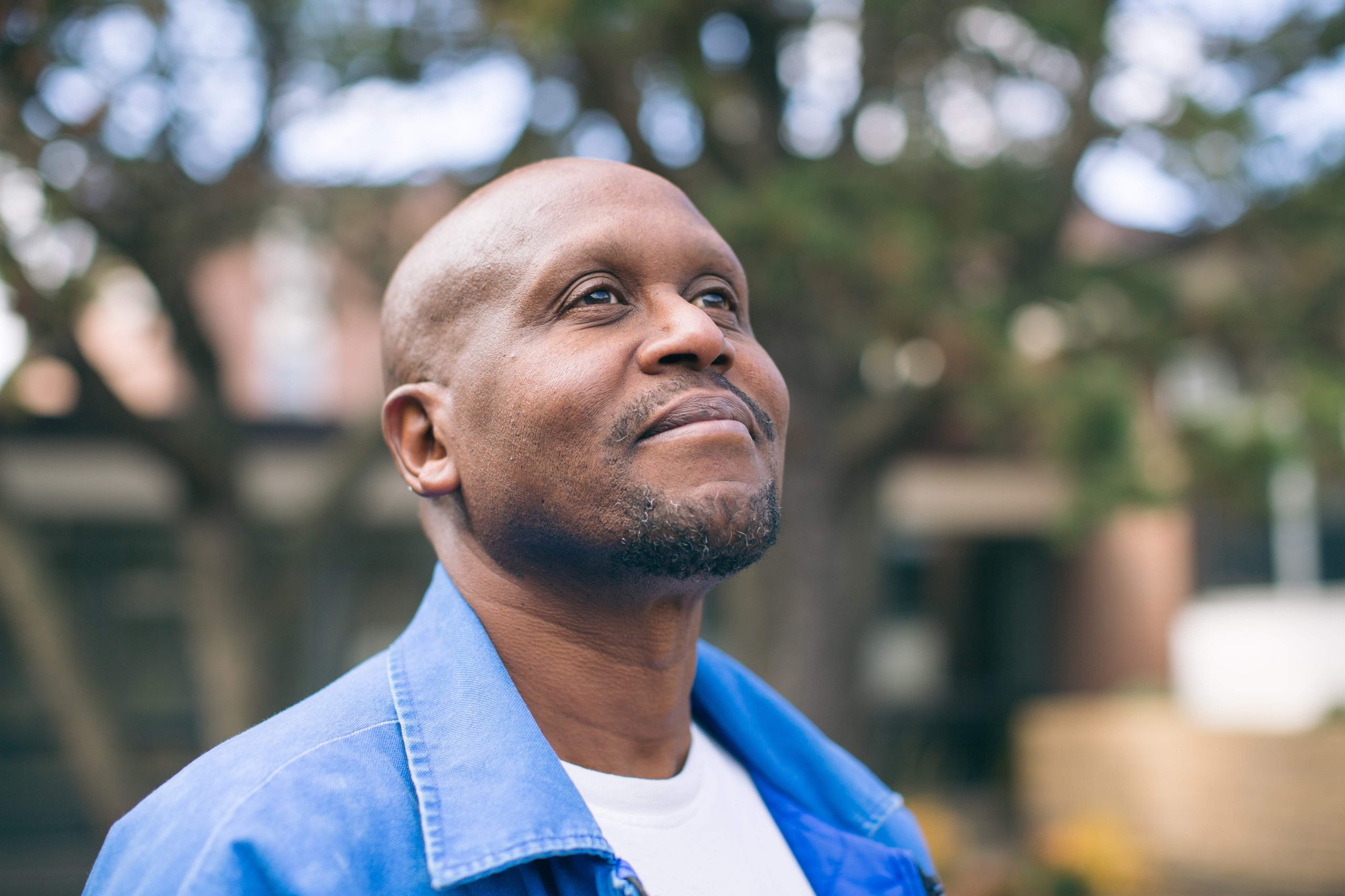
A Day in Prison
The hallway smells like thirty years before
scented with disinfectant
that formaldehyde of the living
which reminds me
of the day about to be discarded.
Those of us
who are lost to infamy
who sing alone
like the moon and the caged birds
to no one, understands loss
more than what came before.
And when we fall in love
it’s only in the night
and only to say goodbye to the day
a day we faintly remember
or years too late,
thirty years before.
From THE LITURGY OF SMELL, Red Bird Chapbooks, 2016
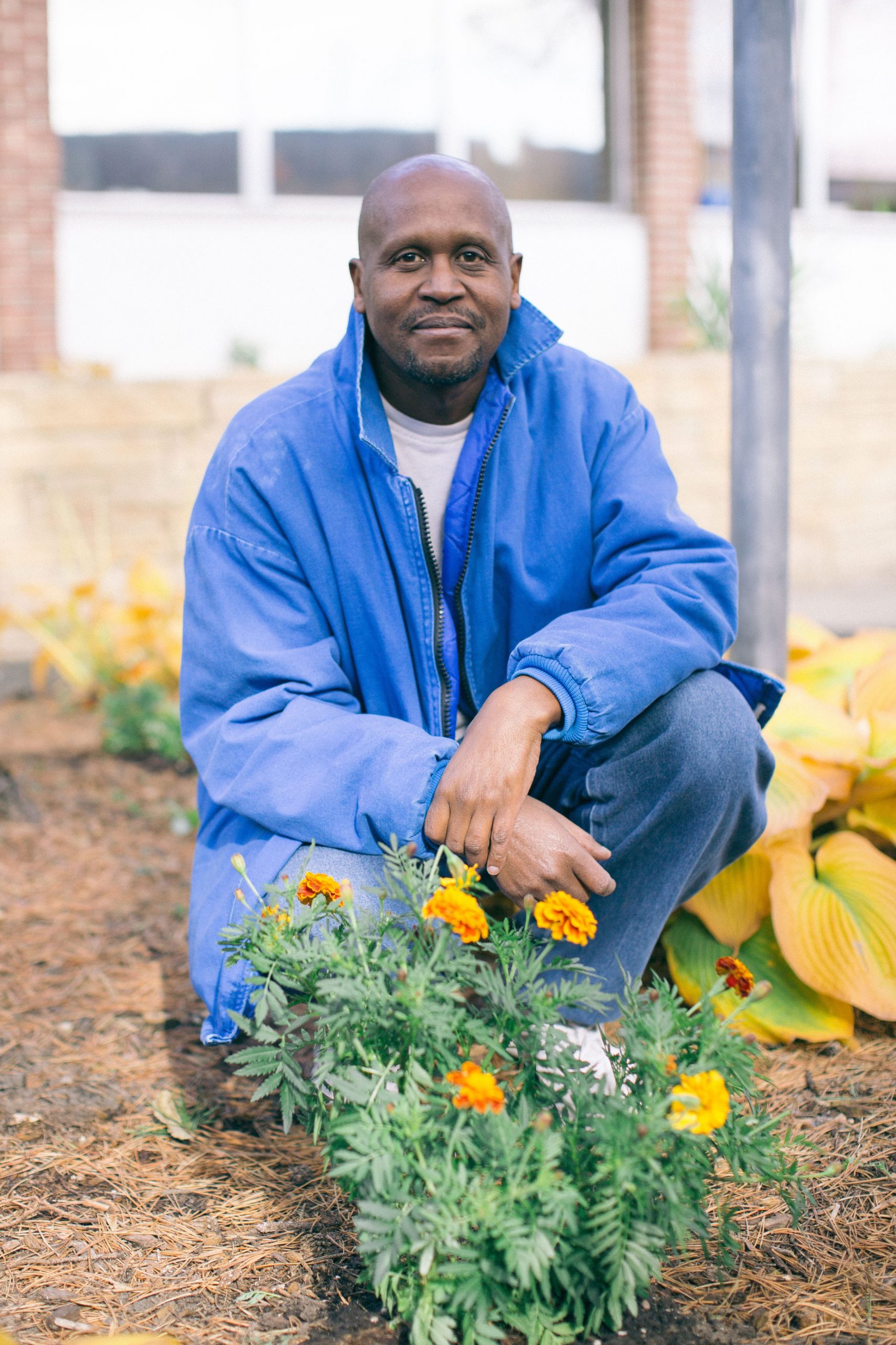
A Man
Odors like mountains and mist
phones and nostalgia
filth and diseases
arrange themselves in two
the bell and the echo.
The verbs are
listen and remember
the verbs are
pay attention and live.
The eye picks enemies
through bars like
tines and scythes.
The harvest, lost time
the moon calls at night
the sun summons in the day
agony, writing on the floor.
A man. A man.
I was you. You were me.
From THE LITURGY OF SMELL, Red Bird Chapbooks, 2016
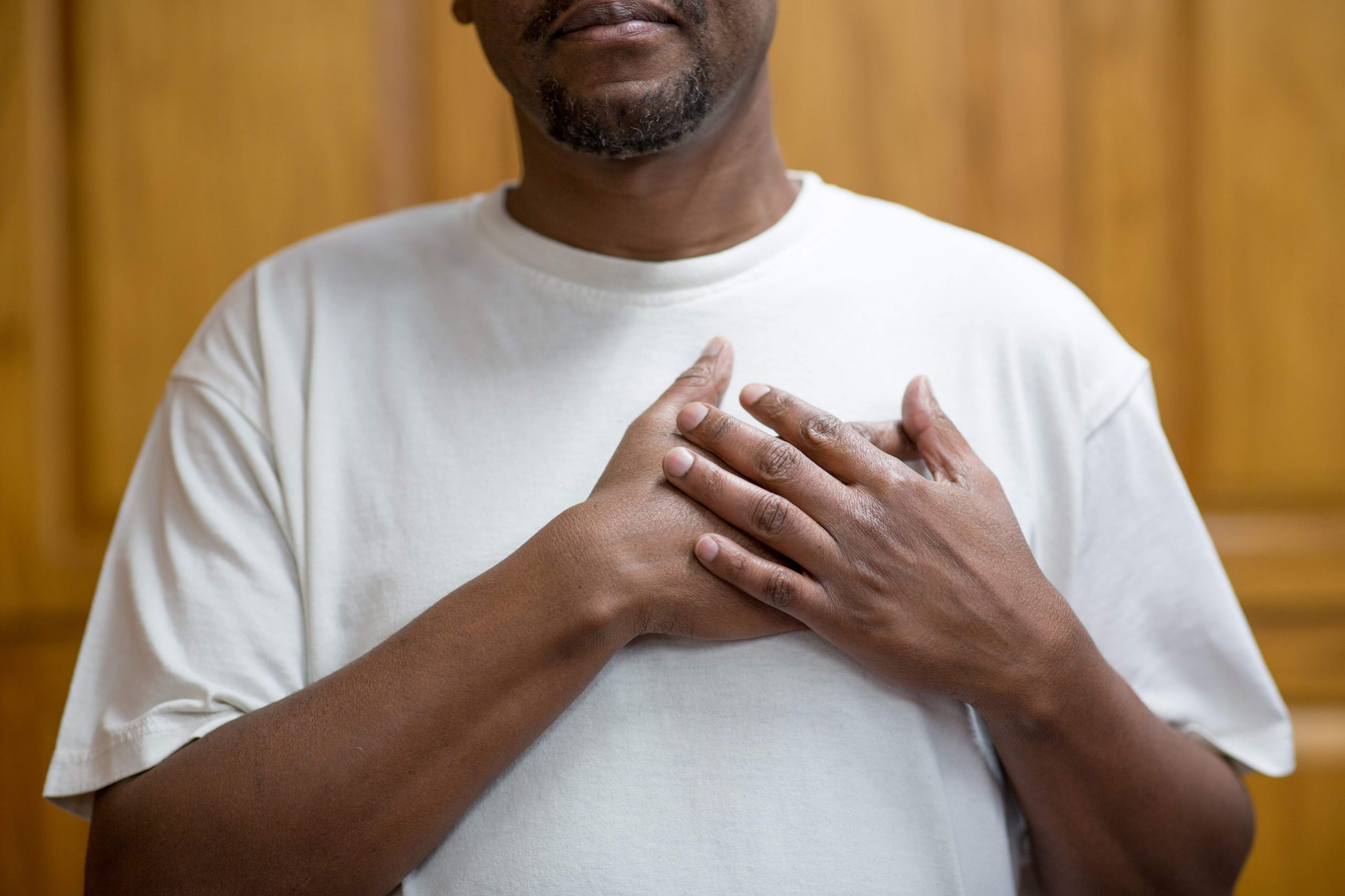
And the Roads Not Taken
You’d think
we’d talk about freedom all the time
about that time wasted
wrinkles welcoming themselves onto our faces
and marking time without permission
about the women left behind
and children left wondering where we went
about money and opportunities lost
the dog left waiting
you’d think
we’d talk about these things
and the roads not taken
all the time, endlessly
like a broken record, nonstop, ad nauseum
and ad infinitum, amen
but we don’t
we talk about anything and everything but—
the warden has to make us sometimes
get us to confront our fortune or misfortune
shove our faces into the thick of things, but gently
or else risk being a felon too.
From THE LITURGY OF SMELL, Red Bird Chapbooks, 2016
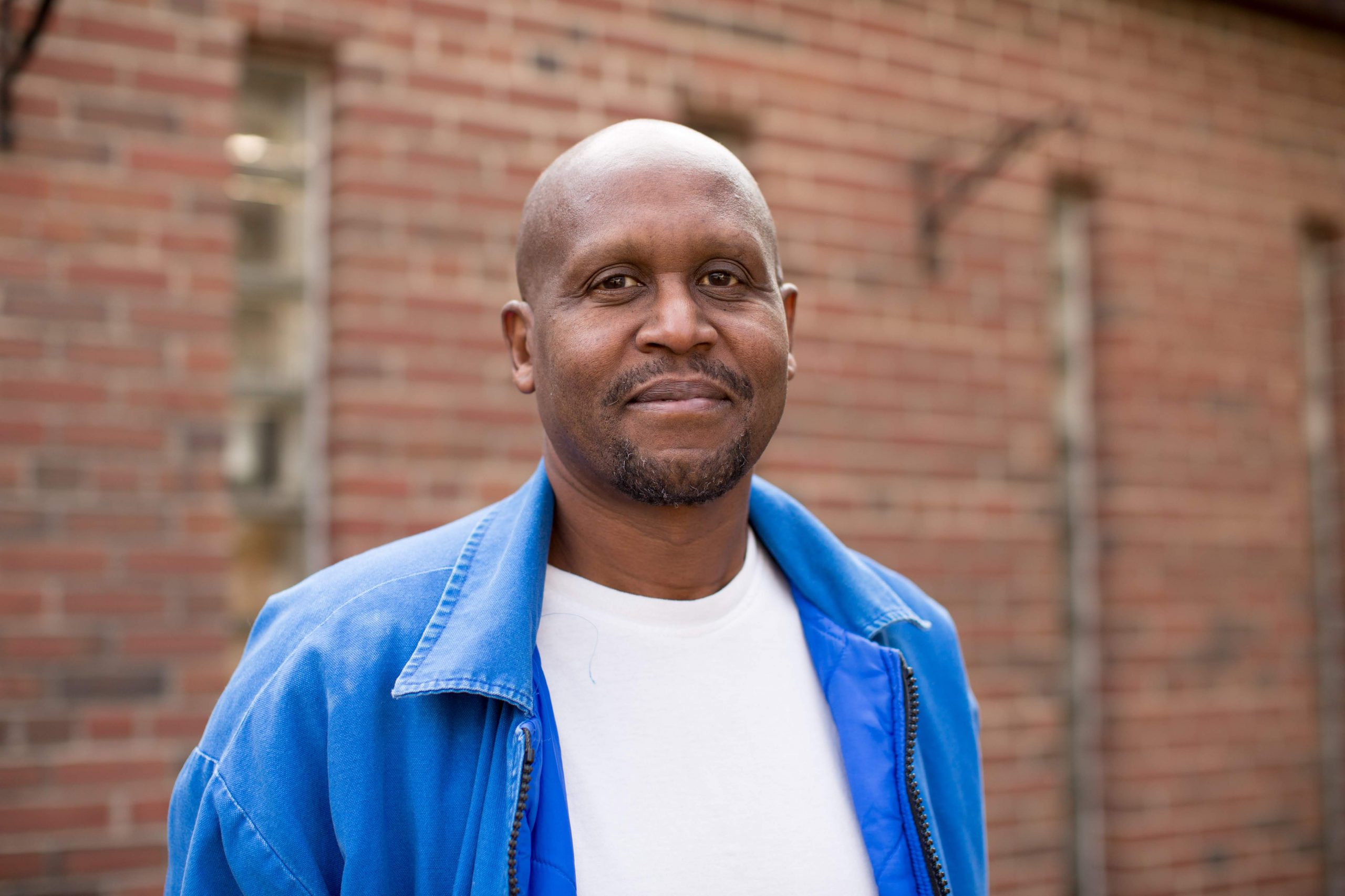
Excerpts from My Cell is My Country
THE WINDOW
Through the window I learn when thunder peals outside, when the light blinks like the eyes of a ghost. I see the trees bend in the wind pointing to a nadir of sadness. How silently the darkness appears, when the heavy rains stop, just how the serene night welcomes the stars and a moon going past. The window tells me to forget freedom and time wasted like the stones of Robben Island did for Madiba at one time.
THE HOT POT
It’s small, broad, and rounded like the royal buttock of a fat king. I steam small portions of bitter vegetables which are good for repairing my body after a bad diet. Sometimes I pour rice over it, and then add a can of mushroom soup that I mash into a spongy froth. On bad days I use it to boil water for my swollen feet and painful ankles.

